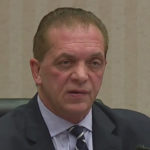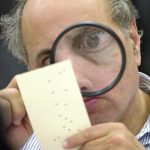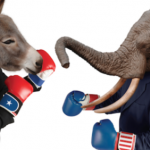In contrast to what we have seen over the past eight years in Lansing and Washington, divided government can work by forcing the two parties to join together in a diplomatic, pragmatic approach toward common sense solutions.
The Democratic wave in the November elections has forced a sea change, as Michigan Dems will now control the governor, secretary of state and attorney general in Lansing, while the Democrats in Washington look forward to their capture of the U.S. House.
Previously, Lansing Republicans controlled every facet of state government since 2010 and have streamrolled legislation through to completion by ignoring the Democratic minority. In Washington, the GOP Congress famously blocked most initiatives put forward by former President Barack Obama and clinged tightly to many proposals advanced by President Trump.
Fast forward to December 2018 and the ongoing, partisan power grab by Republicans in the lame-duck session in the state Capitol does not bode well for bipartisan cooperation in the upcoming 2019-2020 legislative session. And the Oval Office shouting match on Tuesday between Democratic leaders Nancy Pelosi and Chuck Schumer and President Trump certainly signals a raucous time in Washington starting in January.
However, a centrist reform group known as Congress of Tomorrow reminds us that divided governments have been among the most productive and successful in recent history. Those who pine for the good old days of civility, compromise and collaboration certainly understand that the entire duration of the Nixon, Ford, Reagan, and George H.W. Bush administrations were marked by a Republican president and a Congress in which the Democrats controlled at least one chamber.
In addition, according to Bridge Magazine, the relatively passive approach by Michigan Democrats toward the brutal lame duck suggests a high-minded, long-term strategy led by Democratic Gov.-elect Gretchen Whitmer.
Congress of Tomorrow offers these examples of what they call the greatest bipartisan achievements that have occurred during divided government in Washington:
- 2016 – The 21st Century Cures Act: This bill, passed by a Republican Congress and signed into law by Obama, increased funding for the National Institutes of Health to expand biomedical research for cures and treatments of various illnesses and diseases.
- 2012 — The JOBS Act: Created to aid entrepreneurship and small business growth by limiting federal regulations and allowing individuals to invest in new companies, this bill dramatically increased the use of crowdfunding platforms to raise money for startups. It passed a divided Congress and was signed into law by President Obama. At the time, House Majority Leader Eric Cantor said: “The bipartisan JOBS Act represents an increasingly rare legislative victory in Washington where both sides seized the opportunity to work together, improved the bill, and passed it with strong bipartisan support.”
2001 — No Child Left Behind (NCLB): While it faced growing criticism many years later, the NCLB’s bipartisan passage was viewed as a major accomplishment shortly after President George W. Bush took office. It provided sweeping education reforms, with the feds establishing a policy of standards-based education programs in every state. In a divided Congress, the bill made its way to Bush’s desk with a big push from such diverse lawmakers as GOP Congressman John Boehner and Democratic Sen. Ted Kennedy.
- 1990 — Americans with Disabilities Act (ADA): George H.W. Bush, whose death was mournfully memorialized by the nation last week, pushed through long overdue legislation to end discrimination of disabled people and barriers they faced in living a productive life. After a grueling, partisan debate in Congress, the bill emerged from Capitol Hill and Bush 41 signed it into law.
- 1983 — Social Security Reform: For decades, Social Security has served as an untouchable program due to the public outcry that would result if the program was altered. But when the Social Security Trust Fund was facing deficits in the early 1980s, Democratic and Republican leaders in Congress came together to reform the program. President Reagan signed the legislation.
- 1977 — The Food Stamp Program: Perhaps the oddest duo to emerge in Congress in recent memory occurred when Republican Sen. Bob Dole and Democratic Sen. George McGovern joined forces. Dole had just lost the 1976 election as Gerald Ford’s running mate, and McGovern had seen his ultraliberal presidential campaign of 1972 wiped out by a 49-state landslide re-election by President Nixon. But these two came together to revive the food stamp program that was phased out after the Great Depression and their compromise efforts succeeded.
Today, Congress of Tomorrow and other good-government reform groups urge changes in the burdensome legislative rules on Capitol Hill, starting with the upcoming 116th Congress. Currently, a small group of party leaders enjoy a stranglehold on the entire process of advancing bills through the House and Senate.
Specifically, the group calls for the creation of a new Committee on the Organization of Congress – three committees of this nature have existed about two decades apart since 1946, with the last one in 1993. And in each case, the goal was to modernize Congress’ rules and procedures to improve functionality and avoid gridlock.
In the category of strange coincidences, incoming House Rules Committee Chairman Rep. Jim McGovern (no relation to George McGovern, though both shared the Massachusetts Democrat label) has proposed a rules package that would establish a more bipartisan path on Capitol Hill.
Perhaps somehow, the GOP-controlled Michigan Legislature and incoming Gov. Whitmer — who has emphasized her pragmatism — could similarly find their way to establish a new decorum in the capital, with new protocols and procedures, that would lead the way toward a solutions-based state government for the future.


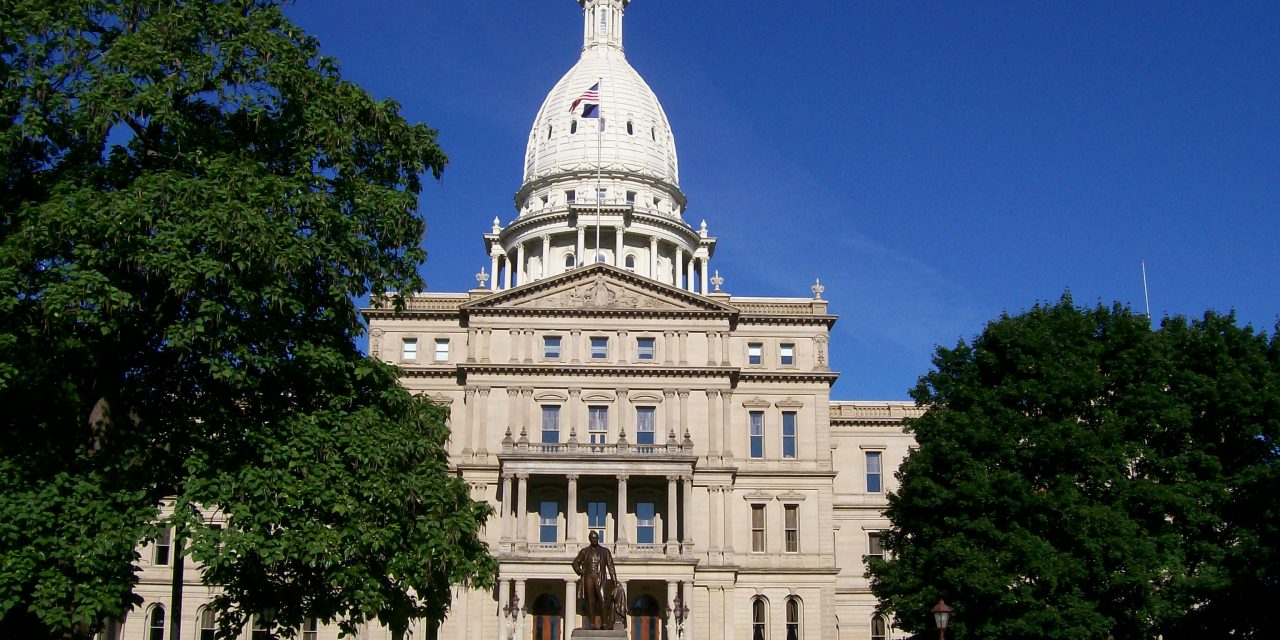
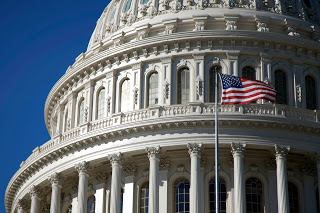 2001 — No Child Left Behind (NCLB): While it faced growing criticism many years later, the NCLB’s bipartisan passage was viewed as a major accomplishment shortly after President George W. Bush took office. It provided sweeping education reforms, with the feds establishing a policy of standards-based education programs in every state. In a divided Congress, the bill made its way to Bush’s desk with a big push from such diverse lawmakers as GOP Congressman John Boehner and Democratic Sen. Ted Kennedy.
2001 — No Child Left Behind (NCLB): While it faced growing criticism many years later, the NCLB’s bipartisan passage was viewed as a major accomplishment shortly after President George W. Bush took office. It provided sweeping education reforms, with the feds establishing a policy of standards-based education programs in every state. In a divided Congress, the bill made its way to Bush’s desk with a big push from such diverse lawmakers as GOP Congressman John Boehner and Democratic Sen. Ted Kennedy.

